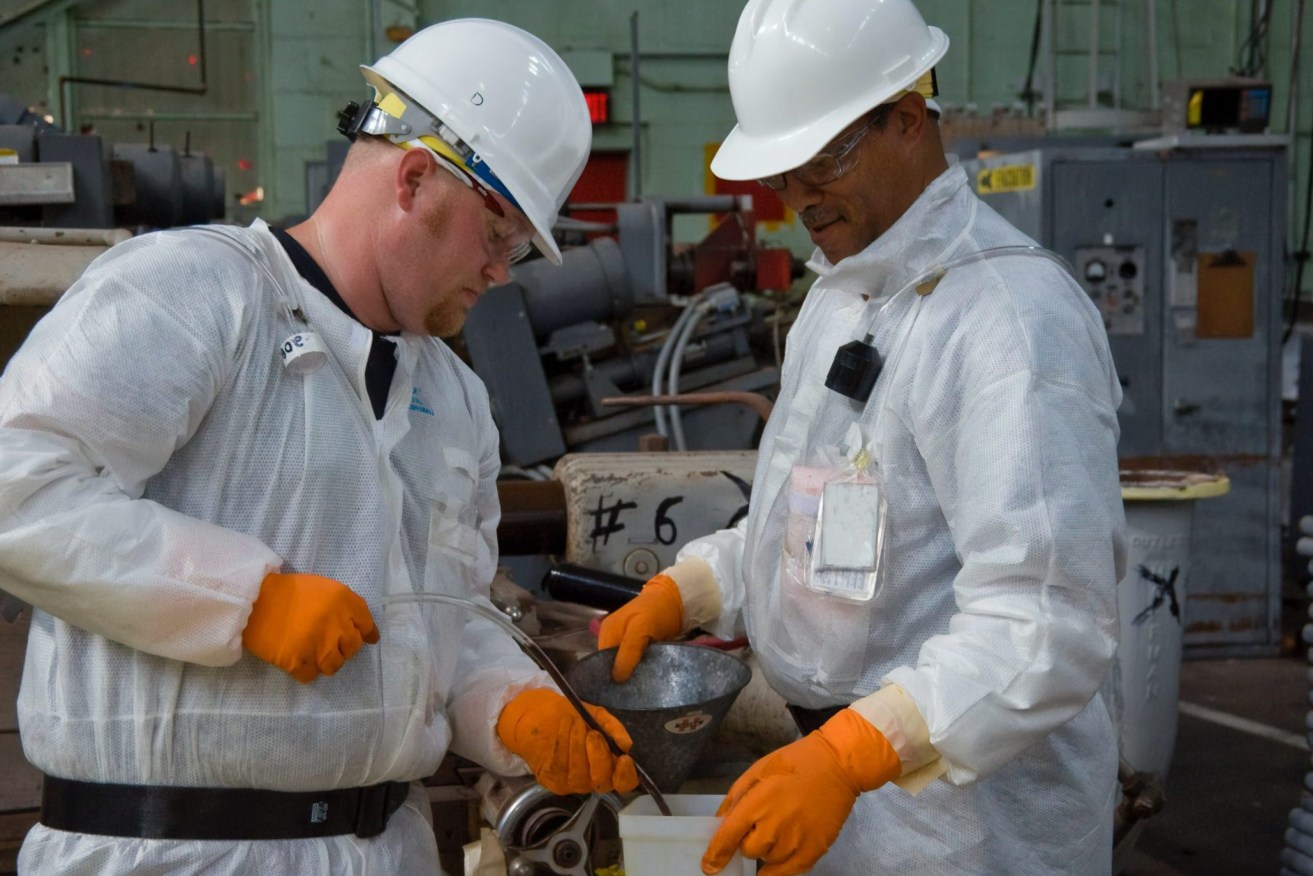Australia suffering its worst skills shortage since the sixties, warns report
Australia’s ambition to become a clean energy world champion demands urgent attention to train skilled specialist workers.

Australian businesses are struggling find enough suitably skilled tradespersons, hospitality workers and STEM professionals as the economy strengthens. Photo: Unsplash
Boosting output and plugging workforce gaps have also been identified as pressing priorities by the head of Jobs and Skills Australia.
In a speech to the National Press Club on Wednesday, Acting Commissioner Peter Dawkins warned the nation was experiencing a widespread skills shortage not seen since the 1960s.
The speech came as Professor Dawkins released the authority’s 2023 Jobs and Skills Report, which sets out how to develop the road map to ensuring Australia’s skills needs are met.
Modelling shows about two million more people will be employed in the Australian economy within a decade.
The authority’s jobs and skills report has been released alongside a skills priority list and a clean energy transition study.
Prof Dawkins said foundation skills, including digital literacy, were more important than ever.
“Australians will need to acquire and continually develop the necessary skills, which will increasingly be high-level skills if we are to achieve the economic and social aspirations of a prosperous and equitable nation,” he said.
Prof Dawkins said the road map had three high-level aims – minimising unemployment and underemployment, increasing productivity, labour force participation and real wage growth, and reducing disadvantage.
“Increasing equity can be achieved by enhancing the ability of disadvantaged groups to obtain the skills and opportunities they need to be successful in securing and retaining good jobs,” he said.
The focus should be on Indigenous people, youth from lower socio-economic backgrounds, people with disabilities, long-term unemployed and migrants, he said.
The acting commissioner said strategies were needed to improve the gender balance in male-dominated workforces to address skill shortages and improve equity in the labour market.
Despite conventional economics that increasing wages is one way employers can attract more workers away, a survey by the authority found very few changed remuneration in response to failing to fill vacancies.
About one in a hundred employers adjusted wages to attract skilled workers in the last year, he added.
Professor Dawkins said consideration needed to be given as to how vocational education and training, higher education, and migration were going to provide the quantity and quality of workers Australia needed.
Jobs and Skills Australia was established after the government’s jobs and skills summit last year, which brought together stakeholders to decide on immediate steps that could be taken to drive economic growth.
Professor Dawkins said challenges will arise as the economy transitions to net zero emissions, and will impact jobs already in significant shortage, including electricians.
Modelling suggests the clean energy supply workforce comprising 38 occupations, will need to grow by 60 per cent by 2050.
The demand for health and care services will also continue to grow as the population ages.












